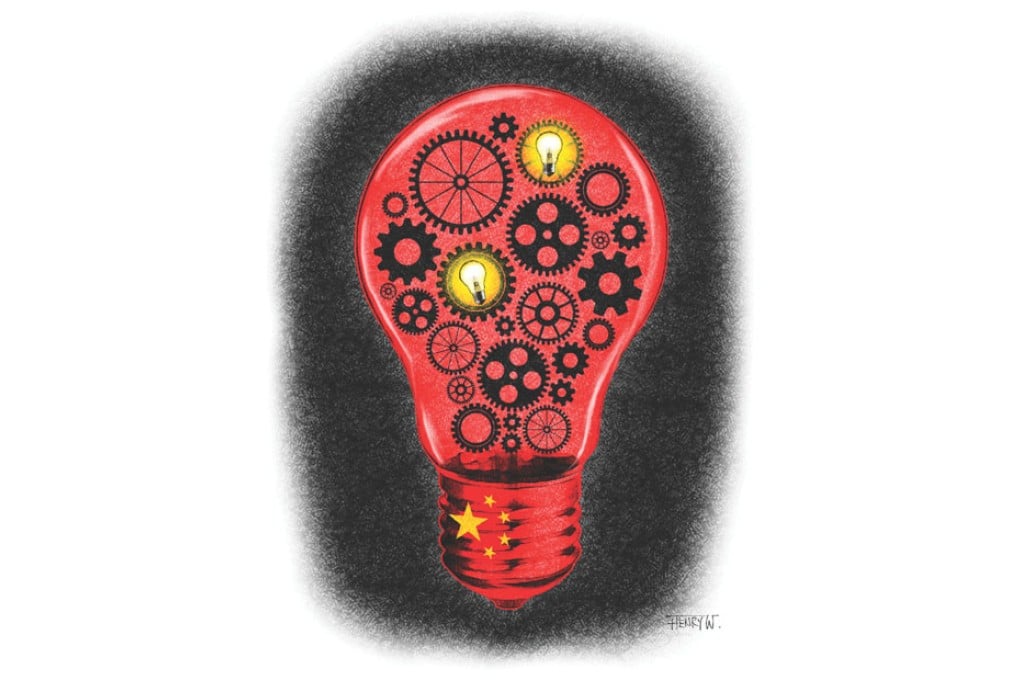Waves of new entrepreneurs will power Chinese innovation
Edward Tse says despite the Western portrayal of China as a laggard in innovation, it is in reality a hive of experimentation - thanks to competition - and success is sure to follow

US Vice-President Joe Biden blasted China recently in a speech about foreign policy, arguing that the country hasn't produced anything innovative. "China - and it's true - is graduating six to eight times as many scientists and engineers as we have. But I challenge you, name me one innovative project, one innovative change, one innovative product that has come out of China," he said.
In the same vein, in an article in Harvard Business Review, US academics Regina Abrami, William Kirby and Warren McFarlan sought to explain "Why China can't innovate".
Biden and the academics are wrong.
Does China breed innovation? Most who get their information from the Western media wouldn't think so, as China is often associated with copies, lack of freedom of speech, poor intellectual property rights protection, rote-learning education and an overbearing state sector. Outsiders tend to think China lacks the fundamentals for successful innovation. But this view is both simplistic and superficial.
Lack of intellectual property rights protection is a real issue, but it hasn't stopped innovation taking place. Over the past decade, there have been many examples of innovation in both product technology and business models.
As for the dominance of the state economy, even that sector can innovate. Large-scale examples include China's space programme, its expanding high-speed rail network, the world's highest-elevation railway (to Tibet), and the world's fastest supercomputer. Like complex world-changing innovations anywhere, they would not have happened without intensive government participation, and it will take years to see their full impact.